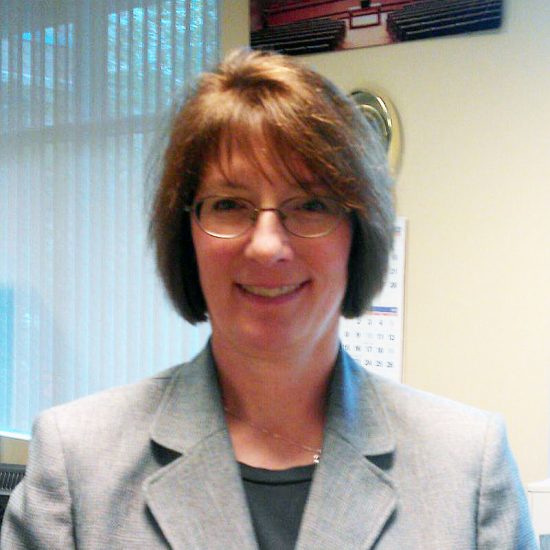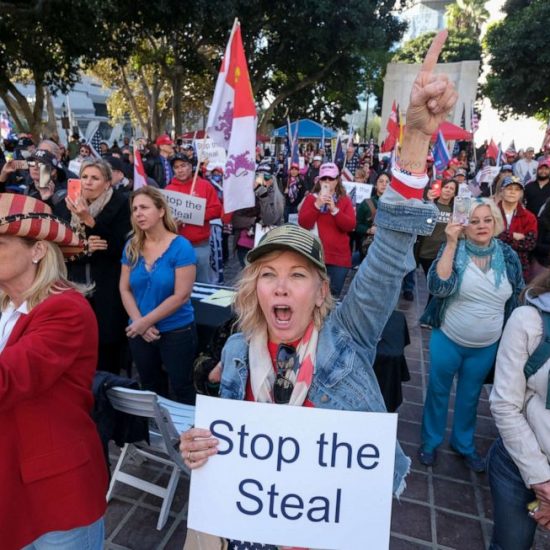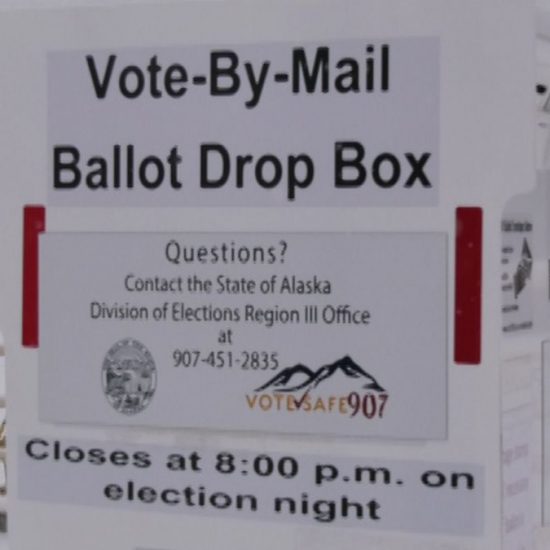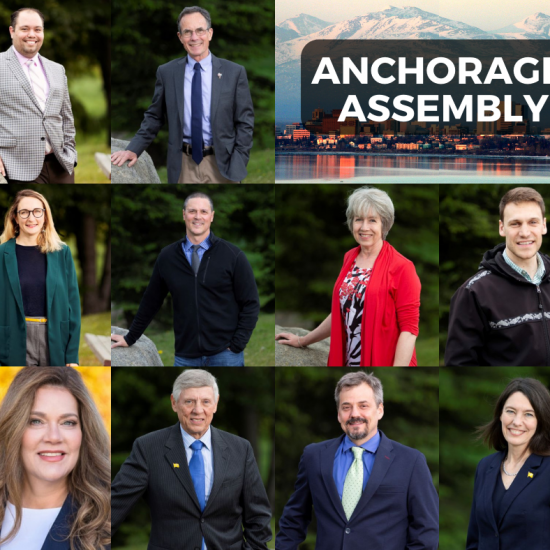
Whenever the Anchorage Assembly offers up a 34-page long rewrite of Muni election rules, we should all get at least a little worried. Such is the case with AO 2020-131(S), an update to Title 28.
The most recent version from the Muni web site is dated Dec 8. The ordinance is authored by Pete Petersen and Suzanne LaFrance. Looks like it was first submitted on Dec 8, with a work session on Dec 18 followed by the first reading in the Dec 22 Assembly meeting. The second reading took place at the Jan 12 Assembly meeting. The link to that meeting has embedded links to all the supporting information including a 7-page long grid detailing changes and a two-page memo authored by LaFrance explaining the necessity for the changes.
In conversations with a couple Assembly members, it became apparent that this was more of a technical cleanup / update of a massive Muni Code on elections (Title 28 – Elections) than any attempt to sneak something through. It passed with 8-1 vote in support. Mayoral candidate Dunbar recused himself.
Their problem is that with the recent festivities associated with elections in Alaska and other states, there is a substantial portion of the voting public that no longer trusts either the system or the politicians that diddle both the system and its results. And the Anchorage Assembly has given us precious little reason to trust them over the last couple years.
Here in Alaska, the problem with elections seems to be centered in the state judiciary, which finds itself singularly unable to keep their hot little hands off of state election law in the runup to elections like Judge Suddock did in 2014 and the AK Supreme Court did in 2020. In neither case did the LtGov decide to take the case to federal court, each time a foolish dereliction of his sworn duty. More recently, we have the Lance Pruitt case, where the Division of Elections moved a precinct polling place at the last minute, garnering a “so sad, too bad, no new election for you” response from the AK Supremes.
From here, the changes made by the Anchorage Assembly appear reasonable, though there is substantially more that needs to be done to Muni code to tighten up the process. From that standpoint, this is a start but does not address any larger outstanding issue(s).
What changes did the Assembly trying to make? With something this massive, it is difficult to capture everything, but the following list is a start.
Section 4. 28.20.010 – Time and method for elections is amended to tweak times and dates for special elections. They conveniently ignore the Muni Charter call for a special election. The rewrite blithely uses the word “shall” a couple times. If “shall” didn’t apply when the Assembly refused to call a special election to fit a Mayoral vacancy, it will hardly apply with the new language.
Section 5. 28.20.040 – Notice of election including notice of polling locations … Nothing mentions a time limit for reasonable notice of polling location moves. When is it too late to make a change? Who gets notified of those changes and when?
Section 7. 28.50.140 – Replacement ballots. B. Allows a vote by mail or as special needs to request a replacement ballot in person, by phone, in writing, or electronically. Designated representative can also make the request. Precisely how does one control these requests and ensure no fraud takes place?
Section 8. 28.60.050 – Voting by mail in poll-based elections. This should be illegal, and the section removed. This is legacy from the original Title 28.
Section 8. 28.60.060 – Voting by fax or email (electronic transmission). This should likewise be illegal, and the section removed. This is likewise legacy from the original Title 28.
Section 14. 28.150.030 – Powers of the municipal clerk. A. Authorizes the Municipal Clerk to take action to preserve the integrity of the election during an emergency. While an emergency is defined in 28.150.020 as “any event that will deprive a significant number of the opportunity to vote,” it remains unclear who can designate one or even what one looks like. This allows the clerk to accept applications to vote at temporary addresses, by electronic means, move polling locations, vote centers and ballot drop boxes. It also allows the clerk to accept votes not cast on official ballots. All these need to be deleted as they open the system to fraud.
Section 14. 28.150.050 – Unofficial ballots. Allows the officials at a polling location with insufficient ballots to created photocopies of sample ballots for use. This should be deleted, as once again, it opens the system to fraud.
Section 15. 28.200 – Election offenses. While this section is legacy from original code, I am mystified at the Muni defining these, as this belongs at the State of Alaska level and is adjudicated in state court. Delete this entire section. Does this expose a miscreant to double jeopardy? Likewise, where does the Muni expect to prosecute these offenses?
As the resolution has been passed, this analysis is too little, too late. OTOH, Assembly Member Kennedy is trying to put together a group that can do the more extensive rewrite of local election law. We should support her in this effort.
Alex Gimarc lives in Anchorage since retiring from the military in 1997. His interests include science and technology, environment, energy, economics, military affairs, fishing and disabilities policies. His weekly column “Interesting Items” is a summary of news stories with substantive Alaska-themed topics. He was a small business owner and Information Technology professional.











